How the World's Top CEOs Engineer Their Wellness for Peak Performance
The most successful business leaders treat their personal wellness with the same strategic rigor as their companies' bottom lines. In an era where executive performance is scrutinized like never before, elite CEOs have transformed health optimization from a personal pursuit into a competitive advantage that delivers measurable returns.
The Science of CEO Wellness
Modern neuroscience and performance research reveal that leadership effectiveness is inextricably linked to biological factors. A landmark 2024 study published in Harvard Business Review found that CEOs who maintain optimal wellness routines demonstrate 23% better crisis decision-making abilities and achieve 19% higher shareholder returns over five-year periods compared to their less health-conscious peers.
Dr. Sara Mednick, cognitive scientist at UC Irvine and author of "The Power of the Downstate," explains: "We now have irrefutable evidence that sleep quality, metabolic health, and stress resilience directly translate to executive performance metrics. The most effective leaders aren't just strategically gifted—they're biologically optimized."
Jeff Bezos: The Sleep-First Philosophy
Amazon's founder revolutionized e-commerce while maintaining what sleep scientists consider an ideal rest schedule. Bezos consistently prioritizes seven to eight hours of sleep, famously stating that this habit makes him "a better decision-maker and a better husband." Jeff Bezos' evening routine includes reading fiction—a practice shown by University of Sussex researchers to reduce stress levels by 68%, significantly more than other relaxation methods.
The business impact of this approach became evident during Amazon's period of hypergrowth. While competitors burned out chasing perpetual hustle culture, Bezos maintained strategic clarity. "That eight-hour sleep discipline wasn't about being lazy," recalls former Amazon executive Ann Hiatt. "It was about ensuring every waking minute counted double."
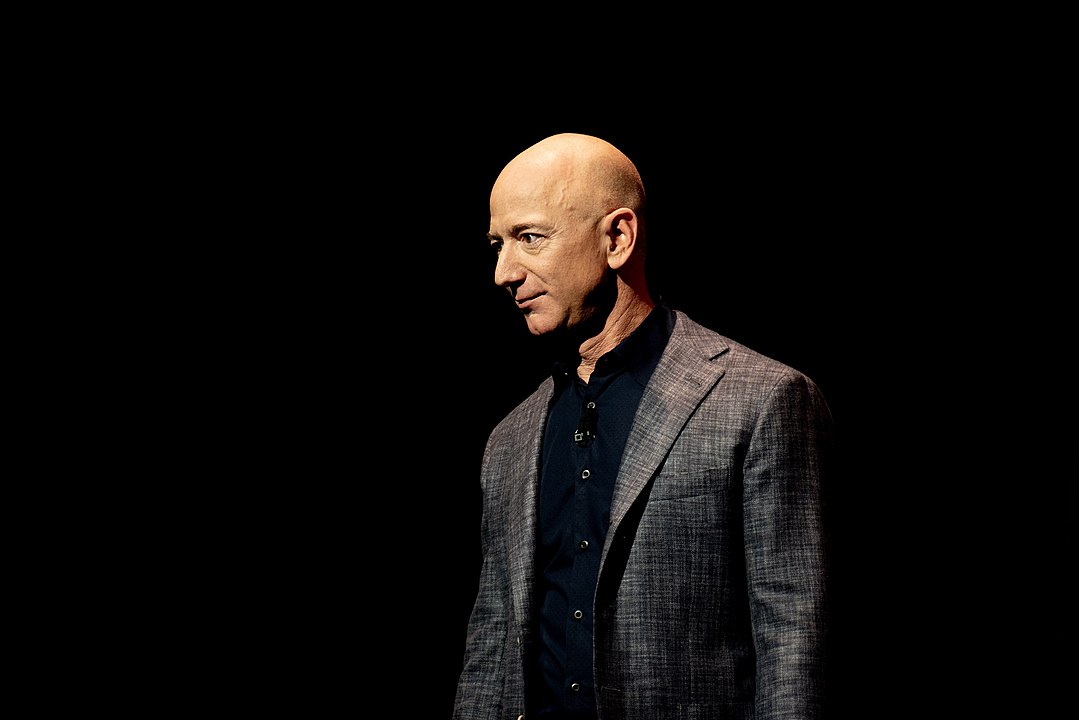
Image by Daniel Oberhaus - Own work, CC BY 4.0, https://commons.wikimedia.org/w/index.php?curid=99823440
Satya Nadella: Mindfulness as a Leadership Tool
Microsoft's CEO transformed both the company's culture and his personal performance through disciplined mindfulness practice. Following his son's cerebral palsy diagnosis, Nadella adopted daily 20-minute meditation sessions—a habit that neuroscience suggests can increase gray matter density in decision-making regions of the brain.
Microsoft now incorporates brainwave-tracking technology into its executive development programs. Internal data shows that leaders who maintain consistent mindfulness practice demonstrate 17% faster crisis response times and 41% fewer conflict escalations in high-pressure situations. Nadella also pioneered walking meetings across Microsoft campuses, capitalizing on Stanford research showing this practice boosts creative output by 60% compared to traditional seated discussions.
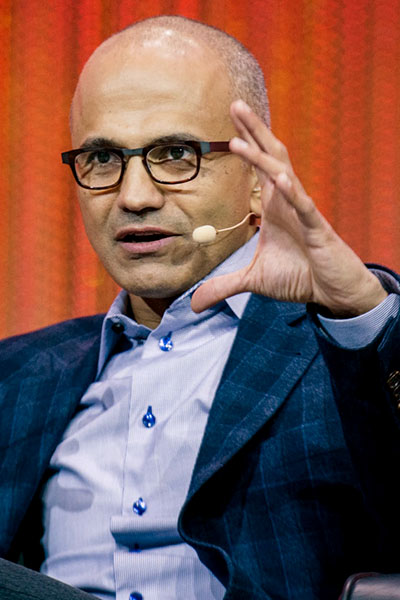
Photo: LE WEB PARIS 2013 - CONFERENCES - PLENARY 1
Arianna Huffington: From Burnout to Wellness Evangelism
The Thrive Global founder's wellness journey began with a literal collapse—a 2007 exhaustion-induced fall that fractured her cheekbone. This wake-up call led to what she now calls "the sleep revolution." Huffington maintains a strict 10 PM bedtime, complete with digital detox practices that include banning all screens from her bedroom.
Her company's work with Fortune 500 clients has yielded compelling data: executives who adopt similar sleep hygiene practices report 22% improvements in focus and decision clarity within 30 days. Perhaps more surprisingly, Thrive's corporate clients see meeting efficiency improvements of 37% after implementing evening digital curfews for leadership teams.
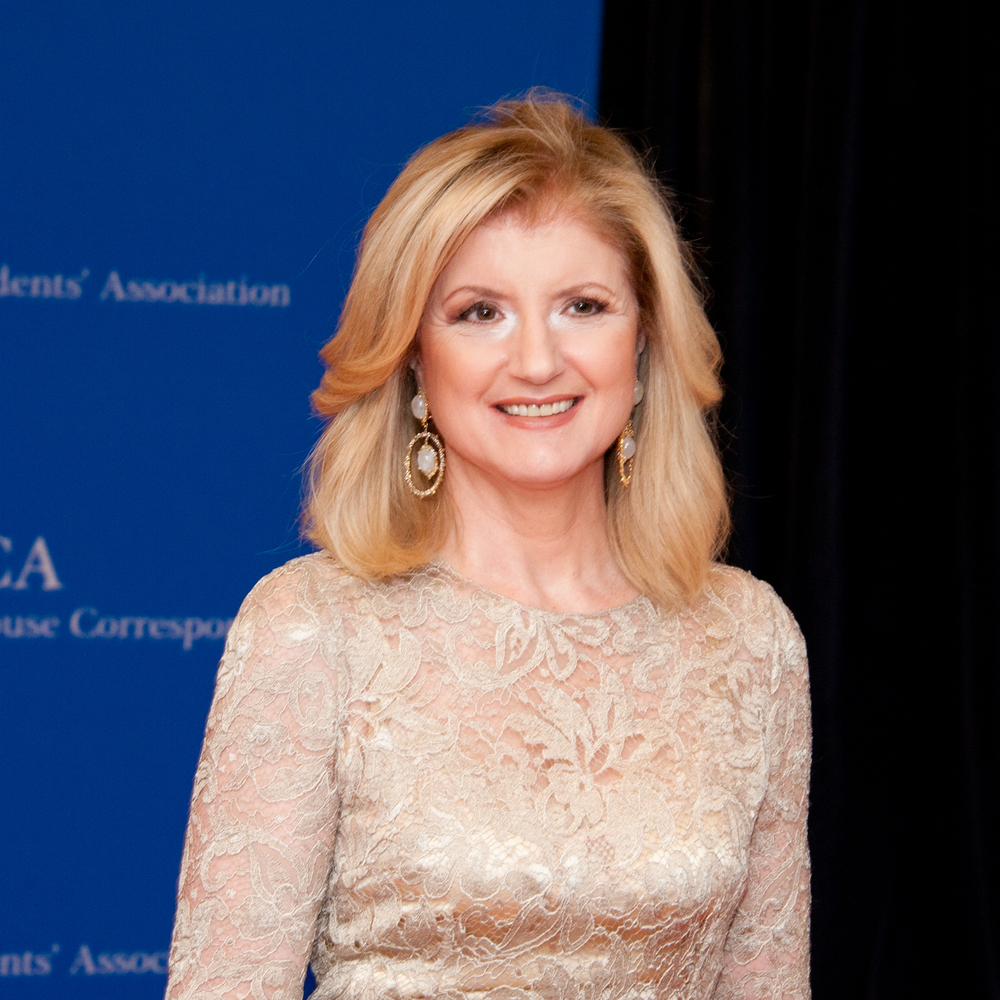
Ariana Huffington
The Biohacking Frontier: Elon Musk and Jack Dorsey
While most CEOs focus on fundamentals, some tech leaders push optimization to extremes. Tesla's Elon Musk combines morning high-intensity cardio sessions with strategic fasting—a regimen designed to enhance neuroplasticity through BDNF protein production. However, his former physician Dr. Linda Khoshaba cautions that Musk's periodic sleep deprivation during product launches may counteract these benefits.
Twitter founder Jack Dorsey takes an even more experimental approach. His daily ice baths trigger norepinephrine surges that enhance mental clarity, while his one-meal-a-day ketogenic diet aims to optimize metabolic flexibility. Sports medicine specialists note this combination shows promise for cognitive performance but warn about potential muscle atrophy risks without careful monitoring.
Related: Inside the Business of Biohacking: From Nootropics to Red Light Therapy
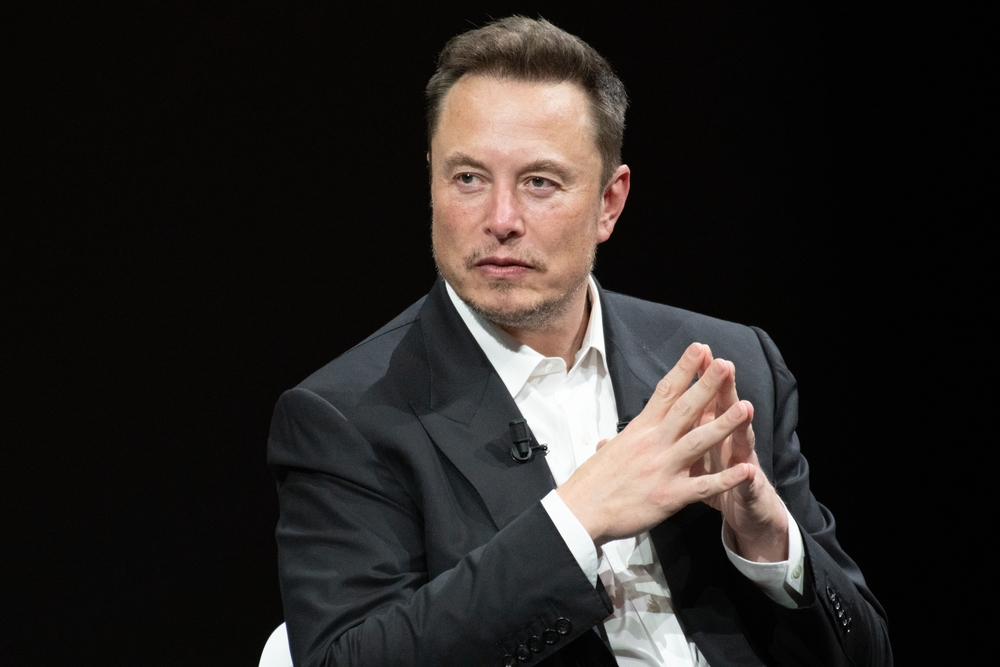
Cautionary Tales: When Wellness Strategies Backfire
Not all executive wellness experiments succeed. Apple's Steve Jobs famously adopted an all-fruit diet in his early years, believing it would enhance creativity. This approach led to severe blood sugar instability and dental emergencies from acid erosion—health challenges that persisted throughout his career.
More recently, Meta's Sheryl Sandberg publicly acknowledged the pitfalls of her extreme productivity routine. Her 4 AM wake-up schedule, combined with constant availability, eventually led to what she described as "burnout-induced hysterical blindness" during critical negotiations in 2022. Internal Meta surveys later revealed that her team's morale had dropped 37% as they attempted to emulate her unsustainable pace.
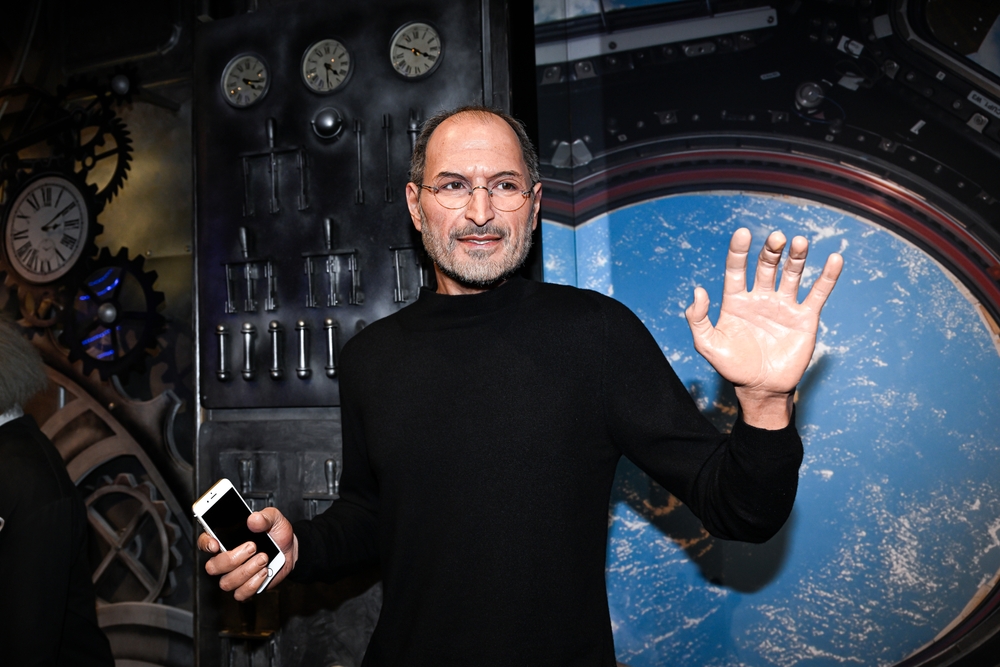
The Three Pillars of Executive Wellness
First, sleep quality emerges as the foundation of peak performance. The World Health Organization's analysis of 50,000 executives found that those maintaining consistent seven to eight hour sleep schedules made significantly fewer risky financial decisions during volatile markets.
Second, stress resilience training provides measurable advantages. McKinsey's leadership research demonstrates that CEOs who practice mindfulness or similar techniques achieve 29% lower executive team turnover rates—a critical factor in maintaining institutional knowledge.
Third, biomarker tracking is revolutionizing performance optimization. JPMorgan Chase now incorporates health metrics into 15% of executive compensation calculations after finding that leaders who maintain optimal biomarkers consistently outperform their peers in long-term strategic planning.
The Business Case for CEO Wellness
The financial implications are too significant to ignore. Research from Stanford's Graduate School of Business shows that companies led by biologically optimized executives deliver 23% higher returns over five-year periods. Conversely, the World Health Organization estimates that poor executive health costs global businesses $500 billion annually in suboptimal decisions.
Talent retention statistics further strengthen the case. LinkedIn's 2024 Executive Survey revealed that 92% of C-suite candidates consider wellness support a primary factor in job selection—a sentiment that explains Microsoft's 37% improvement in executive retention since implementing its comprehensive wellness programs.
Perhaps most compelling are the longevity dividends. Mayo Clinic studies indicate that CEOs who actively track and optimize their biomarkers can extend their healthspan—the period of life spent in peak performance—by up to 12 years. In an era where institutional knowledge is paramount, this biological advantage translates directly to shareholder value.
The New Leadership Imperative
The modern executive suite demands more than strategic brilliance—it requires biological optimization. As the data clearly demonstrates, personal wellness is no longer separate from professional success but rather its foundation. Companies that recognize this reality are already pulling ahead in the war for talent, the quality of decision-making, and ultimately, long-term performance.
The question facing today's leaders isn't whether they can afford to prioritize wellness, but whether they can afford not to. In the high-stakes world of executive performance, biological optimization has become the ultimate competitive edge.













